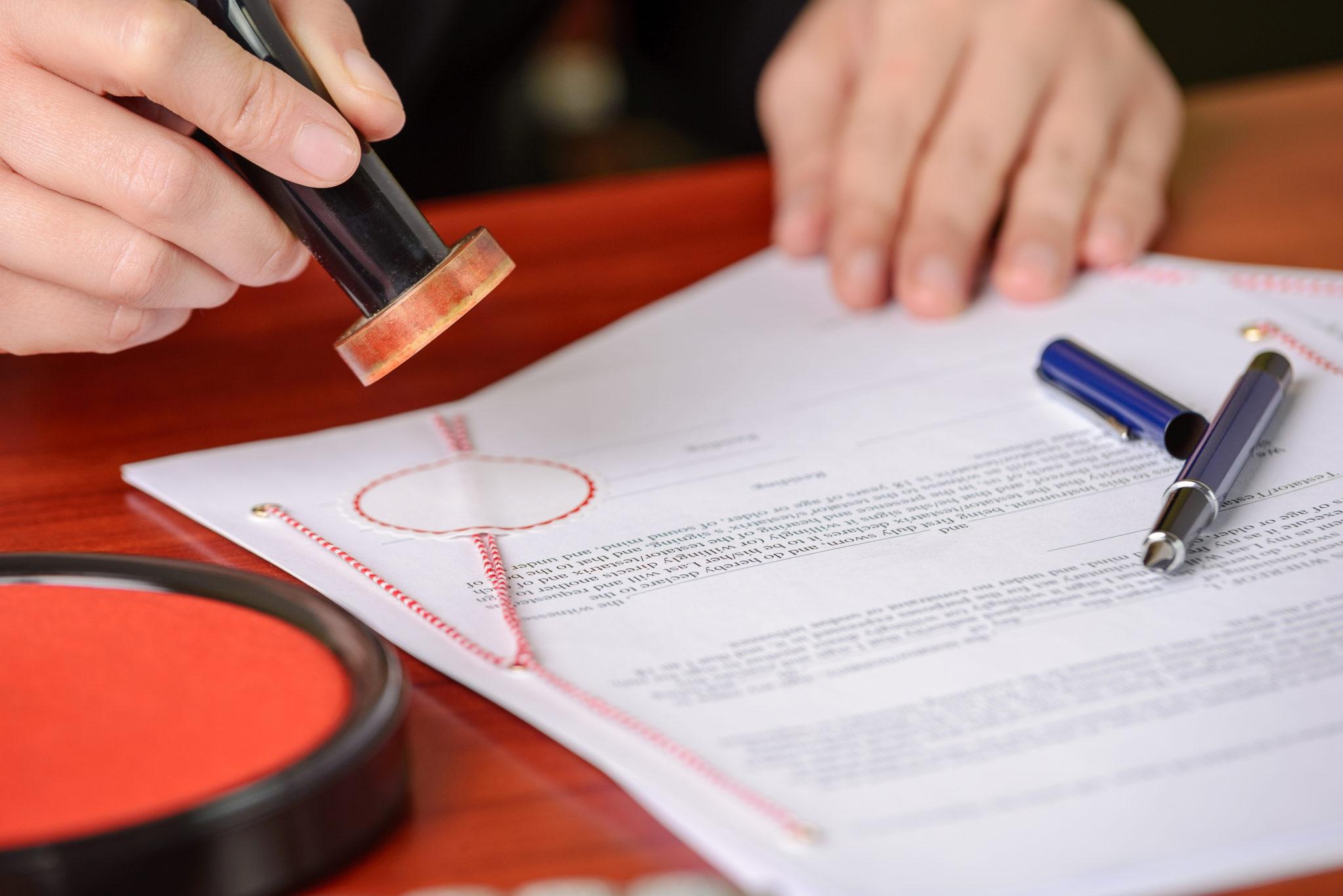In legal matters, accuracy is crucial, especially when translating documents for use in different jurisdictions. Legalised translation ensures documents are translated accurately and authenticated for international use.
This post discusses the importance of legalised translation, the role of certified translators, the process steps, and navigating legal requirements by hiring professional services.
The Importance of Legalised Translation
Legalised translation plays a pivotal role in the global legal landscape, serving as a bridge between differing legal systems and languages. This process is not only about converting text from one language to another; it's about preserving the legal integrity and intended meaning of the original documents across borders. In the realm of international law, where the stakes are high, the slightest error or misinterpretation can lead to significant consequences, including legal disputes or the nullification of important documents.
1. Navigating Diverse Legal Systems Through Legalised Translation
The need for legalized translation arises from the diverse legal terminologies and concepts that exist from one country to another. Each jurisdiction has its unique legal language, which can be difficult to navigate without a deep understanding of both the source and target legal systems. Legalised translations ensure that every term, condition, and clause is accurately conveyed, thus maintaining the document's legal force and effect in the intended jurisdiction.
2. The Vital Role of Cultural Competence in Legal Translation
Moreover, this process underscores the importance of cultural competence in legal translation. Certified translators bring an understanding of cultural nuances that can influence the interpretation of legal documents. Their expertise ensures that translations are not only accurate but also culturally sensitive, preventing potential misinterpretations that could arise from cultural differences.
3. Ensure Precision and Credibility with Certified Legalised Translation Services
For impeccable document translation, choose a legalised translation company that guarantees precision and credibility with certified experts who stand by their work.
Who are Certified Translators, and What Do They Do?
Certified translators stand as the backbone of the legalised translation process, possessing official recognition for their ability to accurately handle legal documents between languages. Their expertise goes beyond mere language fluency; they are rigorously trained in the nuances of legal terminologies and the complexities inherent in legal texts.
Their role is critical in ensuring that translations are linguistically accurate and legally coherent. Certified translators delve into the intricate details of legal documents, applying their knowledge to maintain the original's integrity in the translation. They are responsible for meticulously translating each legal term and phrase, considering the legal context of both the source and target languages, to avoid any potential misinterpretation or legal discrepancies.
Certified translators bring essential cultural insight to legal texts, ensuring translations align with the target audience's cultural norms and legal standards. Their expertise upholds the legal integrity of documents, bridging language and legal systems for clarity and legal validity in international dealings.
The Steps in the Legalised Translation Process
Embarking on the legalised translation journey, the initial step involves selecting a certified translator with a proven track record in legal document translation.
1. Document Assessment:
Review the document to understand its content, purpose, and specific translation needs.
2. Selection of Qualified Translators:
Choose professional translators who specialize in the relevant language pair and subject matter.
3. Translation:
Translate the document with a focus on accuracy and maintaining the original intent.
4. Proofreading and Editing:
A second translator reviews the translation for quality, consistency, and errors.
5. Certification:
The translated document is certified by a qualified translator or notary, attesting to its accuracy.
6. Authentication:
Obtain official authentication, such as apostille or legalization, depending on the destination country's legal requirements.
7. Final Review:
Conduct a final check to ensure all aspects of the translation meet the required legal standards.
Navigating Legal Requirements for International Contracts
When dealing with international contracts, understanding and adhering to varying legal requirements is crucial. An expert approach ensures smooth transactions across borders. Professional translation services bridge the gap, providing precise, culturally aware translations of contract terms and conditions.
Their proficiency in multiple jurisdictions helps avoid costly misinterpretations and legal disputes, paving the way for successful and compliant international agreements.

